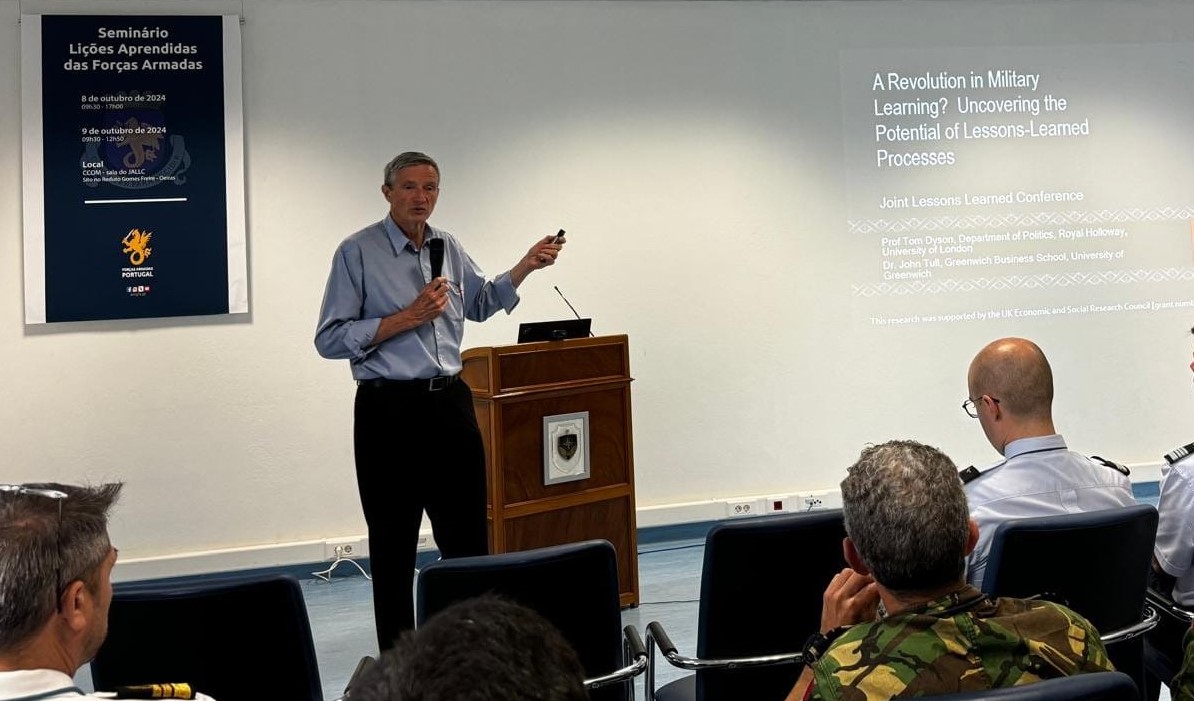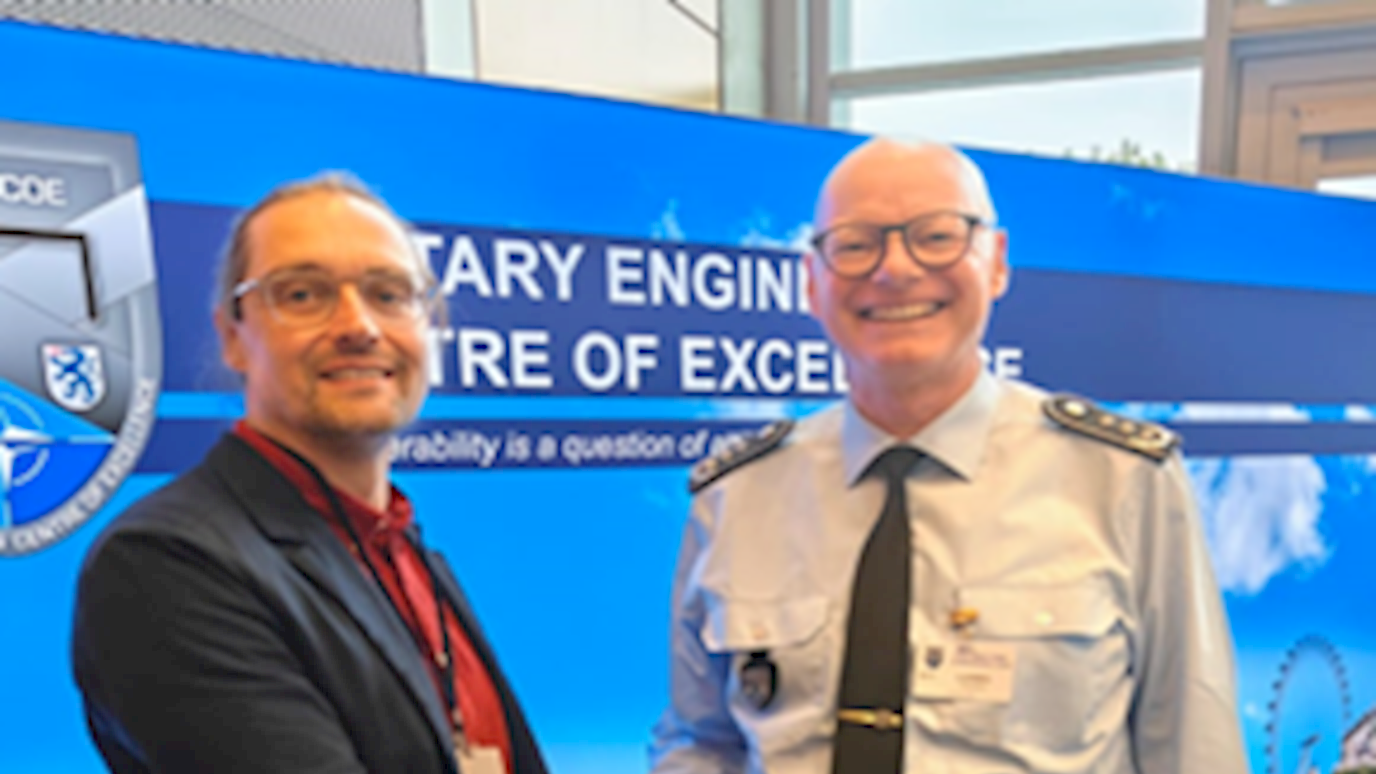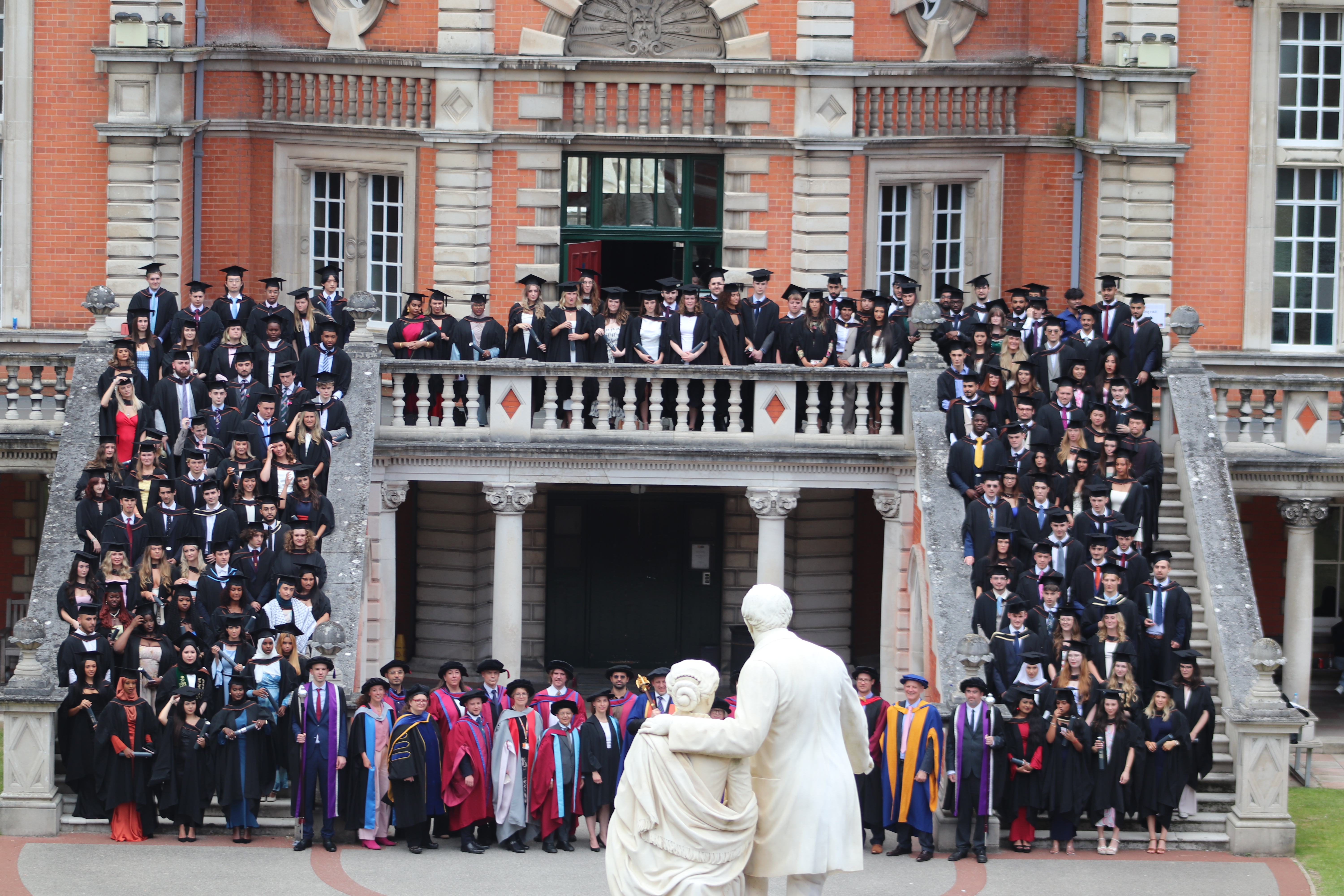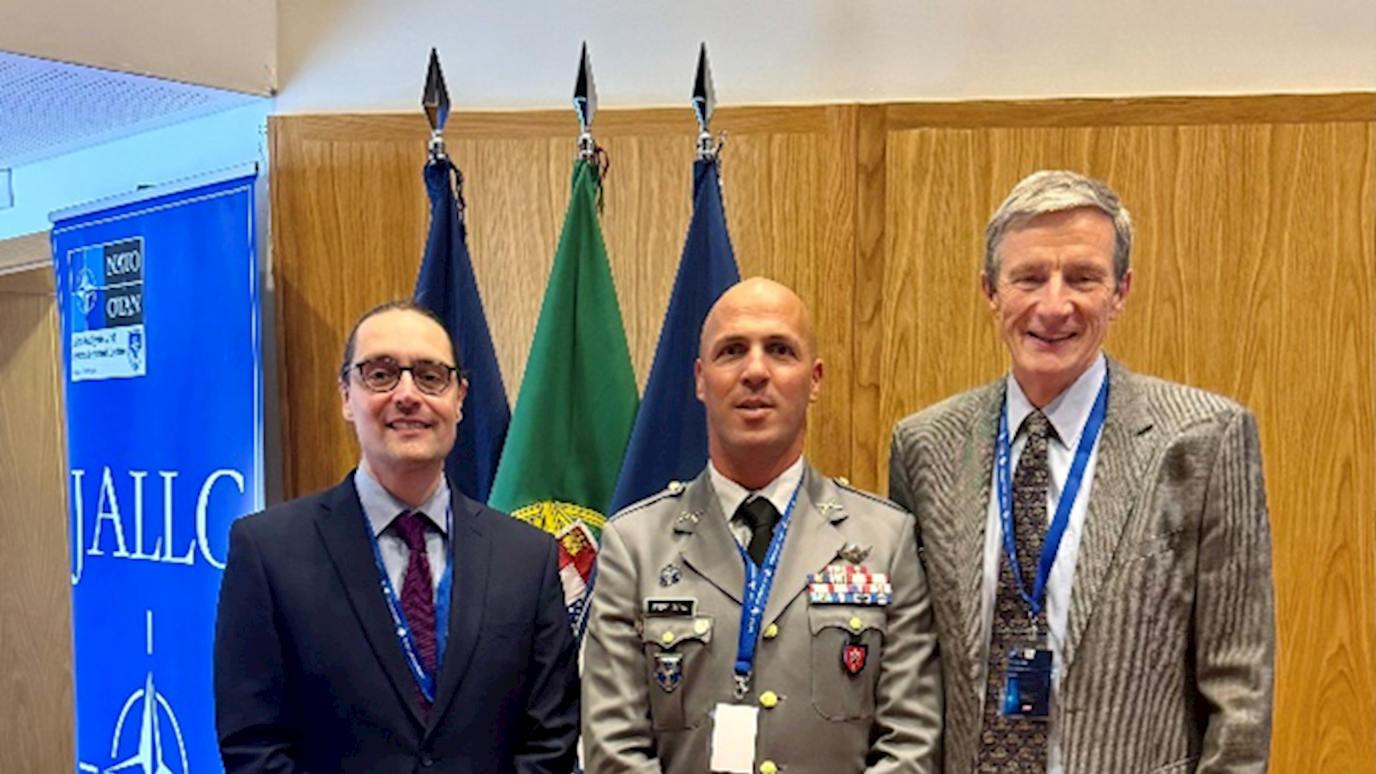Dr. John Tull recently presented the findings of a research collaboration between Professor Tom Dyson, Colonel Dr. Yuriy Pashchuk (Ukrainian Armed Forces), and John at the biennial NATO EOD COE Conference to an international audience of military, policy and industry officials. This research initiative forms a natural adjunct to the ongoing ESRC-funded project on Lessons Learned in NATO member countries (ES/V004190/1), and has immediately led to further invitations to engage with the NATO COE in 2024
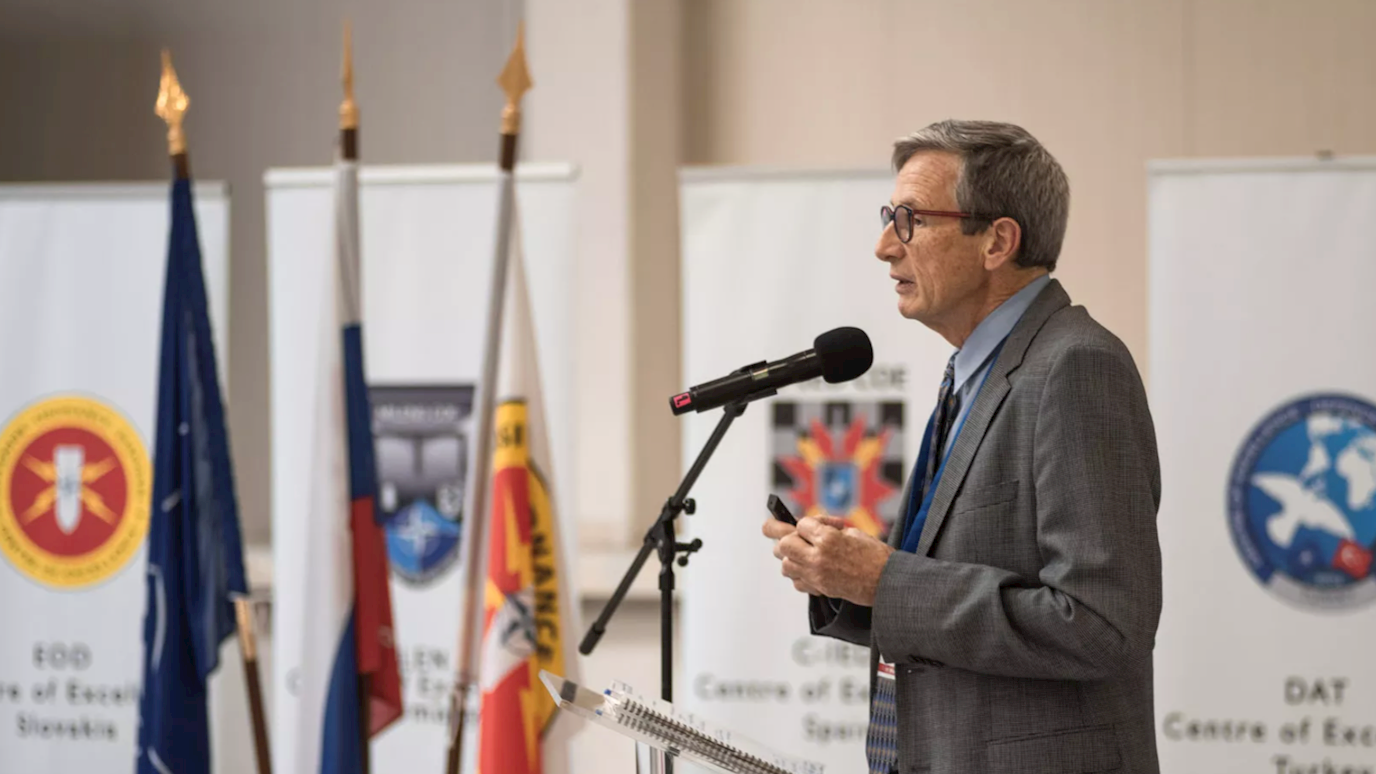
The NATO EOD COE is at the forefront of combating the severe and long-lasting hazards to military personnel and civilians from landmines, improvised explosive devices and aerial drones. Locating and disposing of these threats is extremely hazardous work, made even more so by how rapidly the technologies used to deploy and trigger these weapons is evolving. Rapid, accurate and timely sharing of learning is essential, to save the lives of EOD personnel and protect the civilian population.
On 11-12 October 2023 the NATO EOD COE held its 7th biennial 'Demonstrations and Trials' event for NATO members, partners and civilian suppliers, in Bratislava, with the Conference segment chaired by the Director of the NATO EOD COE, Colonel Róbert Császár of the Slovak Armed Forces. With the theme of “Future EOD Development in Light of the Modern Conflicts and Technological Progress” this event was a prime opportunity for combining technology, policy and military learning to create an important knowledge exchange.
Following an earlier presentation at the NATO Lessons Learned Staff Officer course in Sweden in March 2023 by Dr. John Tull, the ESRC 'Lessons Learned' research team was invited to brief the EOD COE Conference on findings from the study, withe empirical case material added that addressed the Ukraine context specifically. Professor Tom Dyson and John developed a highly topical briefing by drawing on that parallel, ongoing collaboration with the Lessons Learned branch of the Ukrainian Armed Forces to present the new case study developed in collaboration with Col. (retired) Dr. Yuriy Pashchuk of the National Army Academy.
John delivered the presentation, entitled "Rapid Cycle Learning for Effective Remedial Action and Dissemination of Learnings: Ukrainian Armed Forces lessons-learned processes and military innovation in EOD", to a large audience of military officers, policy officials from multiple countries, and industry partners. Ukraine is now the most mined country in the world, and the Ukrainian Armed Forces have taken big steps to improve their ability to learn and adapt quickly to the enormous threats posed -- by establishing better processes and organisation, and through better quality and more timely sharing of vital learning.
Coordination of our participation at the event was provided by Lt. Colonel (retired) Juraj Halama of the Slovak Armed Forces, the EOD COE Lessons Learned Branch Analyst. The presentation of ESRC research study findings, extended to the Ukraine case, and post-conference session conversations were well-received and led to discussion of future opportunities for research collaboration, as Lt. Col. Halama noted:
"Rapid Cycle Learning for Effective Remedial Action and Dissemination of Learnings, especially in close connection with Ukrainian Armed Forces lessons-learned processes and military innovation in EOD, is a very inspirational theme for EOD Communities of Interest.
NATO EOD COE will next organize the 10th EOD Workshop on the theme “Consistent EOD Capability Development” in Šamorín, Slovak Republic, on 5-6 November 2024. Based on this very valuable contribution during Demonstrations and Trials 2023, the NATO EOD COE representative has already invited Dr. John Tull and his Lessons Learned research colleagues to participate and contribute to the scheduled objectives of the aforementioned Workshop."
This activity is one of a series of impact events with practitioners and policy advisers that are being delivered as part of the ESRC research project.










